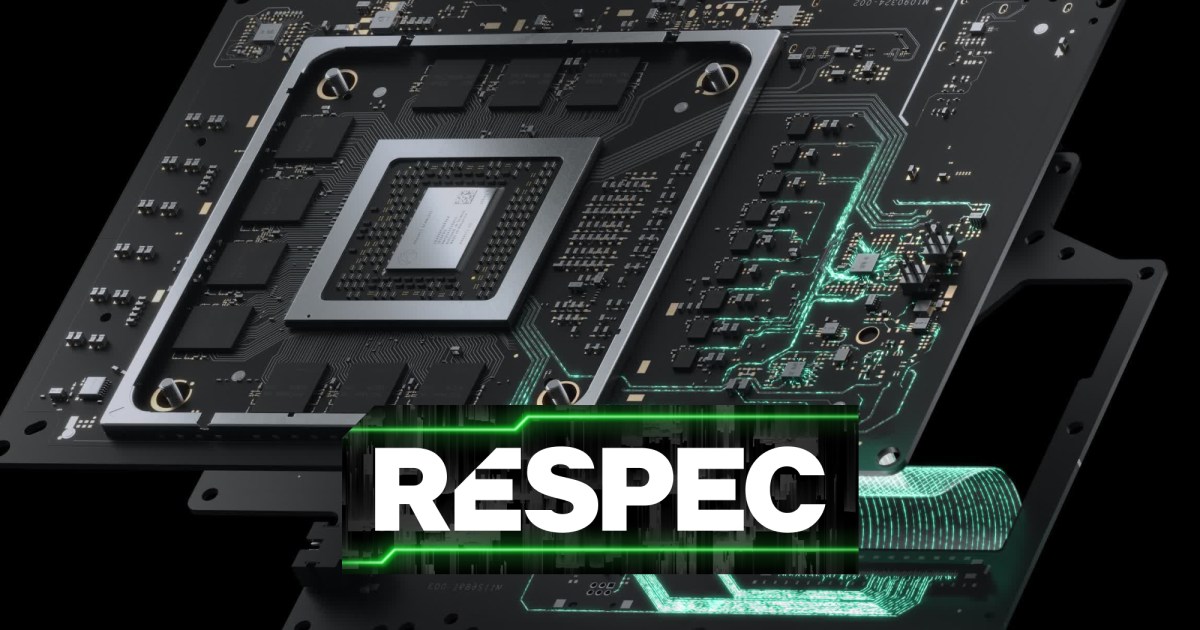Quick resume depends on DS. What the author writes is contradictory to what MS states as Ronald says the possibility of QR on PC is dependent on DS being on PC in a stable form.Sigh.....Quick resume is not Direct Storage.
EDIT: Reading that article where do they say Direct Storage is tied to Quick Resume?
And parts of Velocity Architecture can be used without using Direct Storage API.
But back on point, AC Valhalla doesn't use Direct Storage as proven by its load times.
Velocity Arch core components are the nvme SSD, DS, SFS and decompressors. The most relevant components for QR would be the SSD and DS.
Why would you write an api that allows you to bypass the cpu and write data directly into gpu memory only to offer a QR solution that makes no use of it?
QR basically involves saving the state and storing 13.5 GBs of the current title to the SSD and loading in 13.5 GBs and state of the targeted game. DS removes the need to copy and shuffle data around once it hits RAM.
AC Valhalla is doing this in 5 seconds. The length of load times of ACV is an issue that exists outside of DS.
Last edited:

